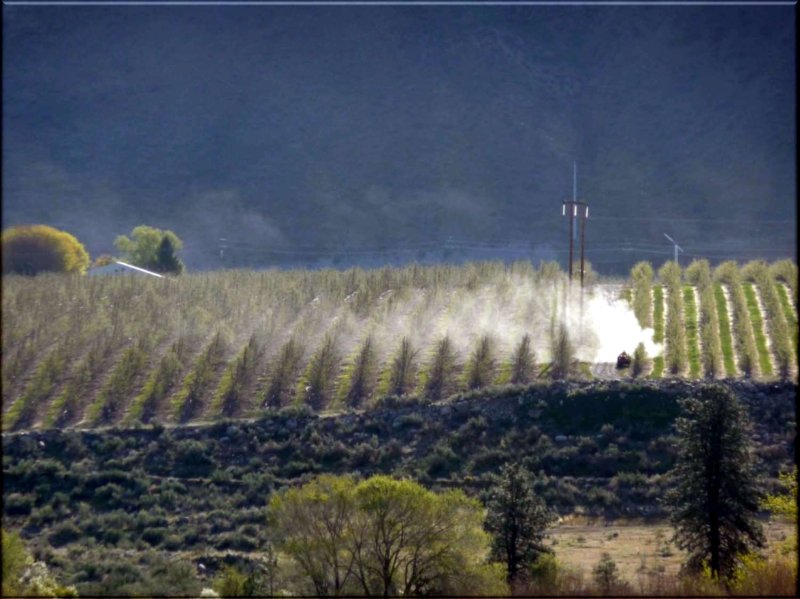[Editor’s note: In November 2016, the EPA approved a formulation of dicamba that contains an additive that reduces volatility. This formulation is different from the products that are alleged to have been recently used illegally. EPA continues to investigate these issues in several locations in the Midwest.]
On behalf of several farmers in 10 states, including Missouri and Illinois, a law firm has filed a class-action lawsuit against Monsanto.
The main allegation is that the agriculture company knowingly sold a crop that did not have any approved herbicide to go along with it in 2015 and 2016.
Bev Randles, partner at the Randles & Splittgerber law firm, filed the suit on Jan. 26 [2017] on behalf of Steven and Deloris “Dee” Landers and other farmers who say their crops were damaged by the “drift-prone” substance.
“Monsanto released the seed, knowing for well that it’s against their own policies and certainly industry standards to release a crop without a corresponding herbicide,” Randles said. “And so when they did that it set up a chain of inevitability and unforeseeability where farmers who have purchased the seed would spray an older version of dicamba — an illegal version of dicamba — in order to protect their seed.”
…
Monsanto wrote in an email that the accusations are “baseless.” The company said that the farmers who used the pesticide should be at fault. The statement says the farmers used the illegal spray and now want to shift responsibility away from themselves to Monsanto.
This is not the first lawsuit that Randles & Splittgerber have filed against Monsanto and the Dicamba spraying. In November 2016, Missouri’s largest peach producer, Bader Farms, filed a lawsuit that is ongoing.
The GLP aggregated and excerpted this blog/article to reflect the diversity of news, opinion, and analysis. Read full, original post: Farmers in 10 states sue Monsanto over seed damage































